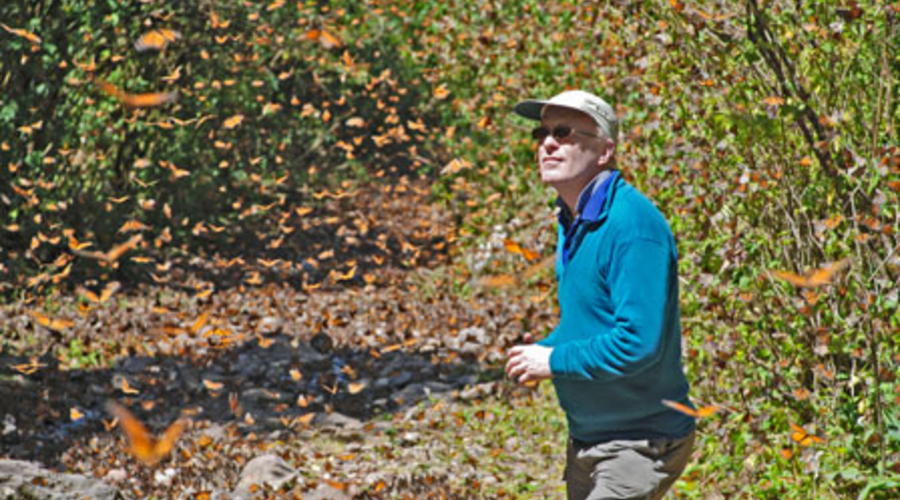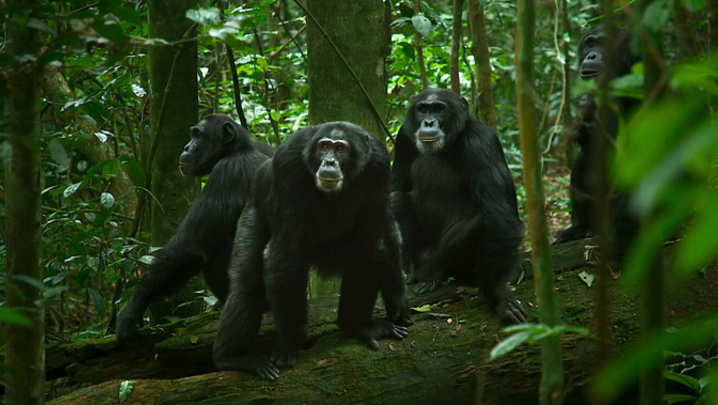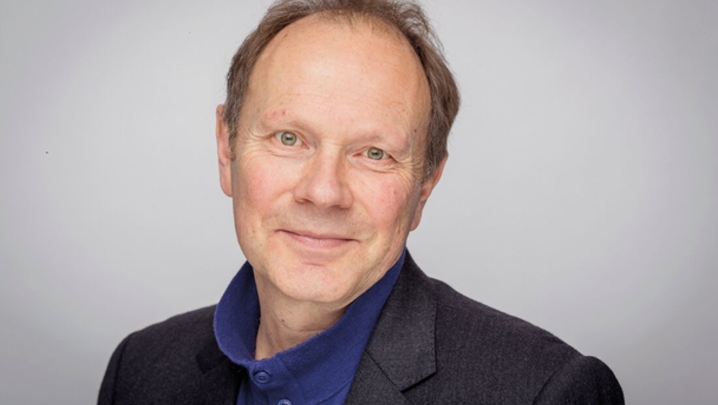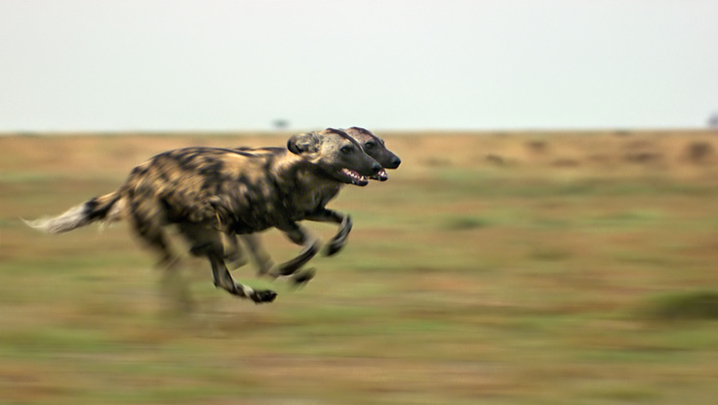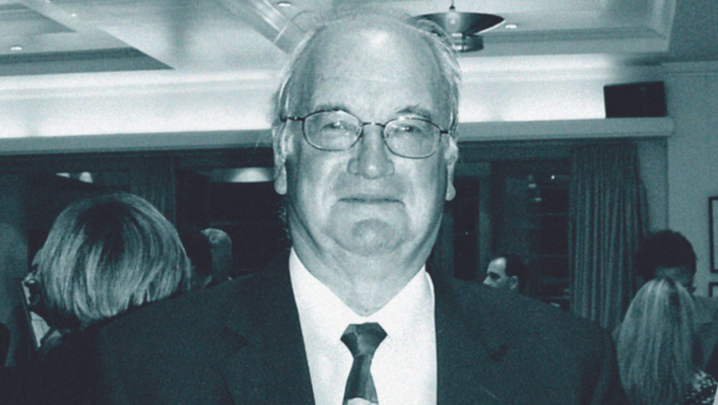Our Friend in the West: Mike Gunton discovers that even in America’s Midwest the Bristol-based NHU is part of the culture
Last week, I was standing in a fly-fishing shop in a small town in Montana telling the owner I worked for the BBC Natural History Unit. "Oh, so you're from Bristol," was his reply.
OK, he was a wildlife fan and did then ask if David Attenborough was my neighbour, but it does illustrate that Bristol and the NHU's reputation go far and wide.
I joined in my late twenties to work on the Attenborough blockbuster The Trials of Life. I thought I'd stay for the three years it took to make the series and then move on.
But I discovered, as so many others have, that Bristol and the NHU create an enormous gravitational pull.
The ingenuity of the camera technology, the producers and cinematographers in delivering astonishing, beautiful and insightful stories is legendary.
In fact, it's become part of the story itself. The 10-minute, behind-the-scenes segments that have become regular features of our blue-chip documentaries are as popular as the main shows.
You know that something has become part of the TV landscape when sketch shows start to parody you.
My trip to Montana was partly innovation-focused. It involved developing the next iteration of drone-filming technology.
The NHU's next big "landmark" documentary, One Planet, will be big on immersive imagery. Flying cameras close to our subjects while they are on the move will be one way to achieve this.
Closer to home, Springwatch typifies innovation of a different kind. The "Watches" now run almost year round, with Autumnwatch and Winterwatch. Through companion digital output, they have pioneered the creation of huge online communities that enjoy extraordinary interactivity and a whole digital life beyond the TV.
As I write, we are stoking up the digital and social media ahead of our Shark series, which will go out on election night. It might draw some interesting parallels.
If it has half the impact of our recent pufferfish story from Life Story (19 million views on Facebook), I'll be more than happy.
So why has all this innovation (not forgetting children's and radio) happened in Bristol? I think it's that gravitational pull. It keeps talent bound together in remarkable, possibly unique, ways. The NHU can feel like a college campus at times, where everyone knows everyone else.
That, combined with the relative security of the in-house production guarantee, could generate a sense of insularity, even complacency. But the opposite seems to be the case.
So how important is it for the BBC or for Bristol that the NHU continues as a centre of innovation?
Can it remain a global leader? I think the answer to both questions is that it must.
New technologies to bring new insights and new ways of telling stories on digital platforms need to be married with the confidence to commit to ambitious, long-term projects. This, in turn, will continue to have a significant ripple effect across the creative universe that is Bristol.
The gravitational pull of the NHU extends across the city. Beyond our HQ in Whiteladies Road are dozens of post-production and graphics houses.
There is an ever-increasing number of indies, both big and small.
It is this very concentration of experience (the combined expertise must be more than a thousand years) – the exchange of knowledge and the common purpose – that generates innovation far greater than the sum of the parts.
It may, of course, be possible to recreate the strength and success of the NHU elsewhere. But this is the team that has, for nearly 60 years, pushed creative boundaries and flown the flag for the natural world. I think that would be a hard act to follow.
Mike Gunton is Creative Director of the BBC Natural History Unit.

